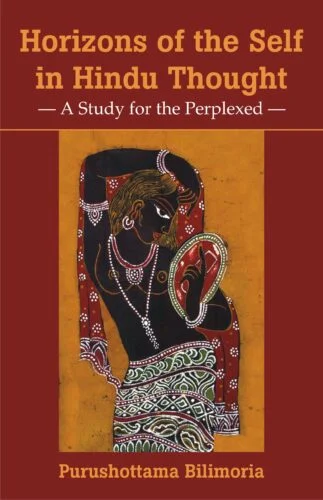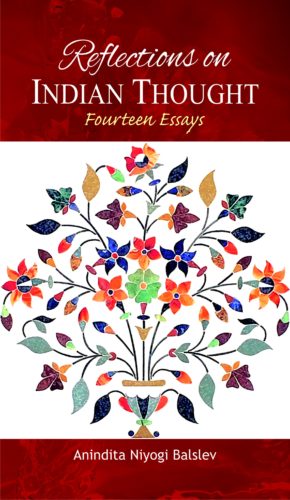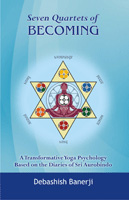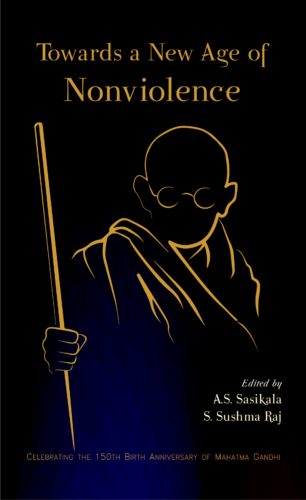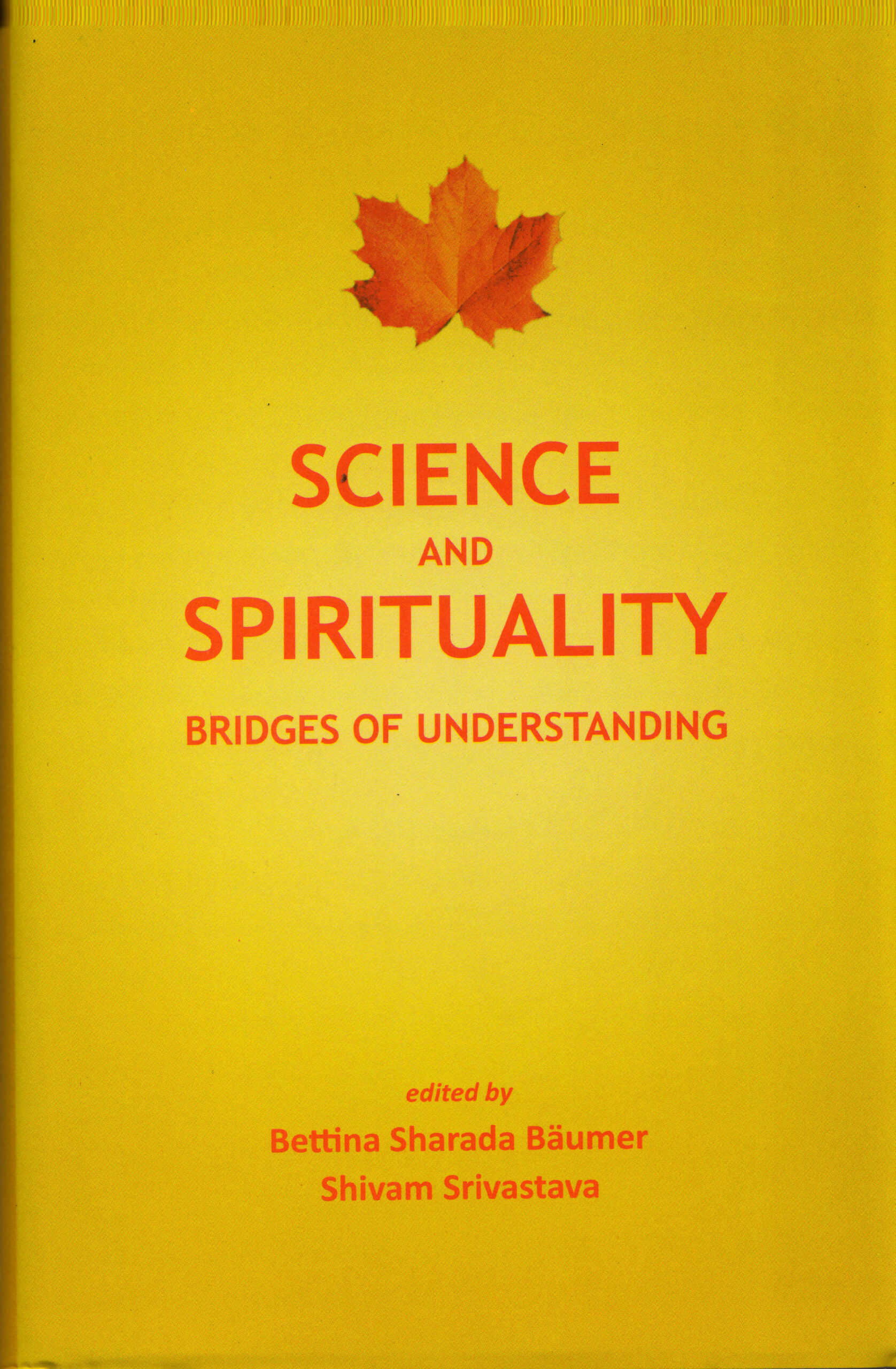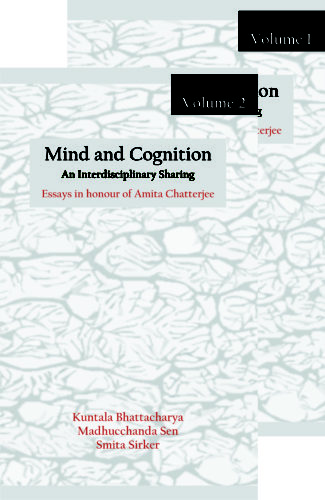

Horizons of the Self...
Horizons of the Self in Hindu Thought
A Study for the Perplexed by: Purushottama BilimoriaThis volume discusses the different conceptions of the self and considers responses to many a question associated with the idea of the self, and on the destiny of the self in the context of karma, dharma, death and rebirth. It also deliberates on how a Hindu would realize the fullest to total potential and purpose of the self.
Original price was: ₹250.00.₹225.00Current price is: ₹225.00.
ISBN: 9788124608500
Year Of Publication: 2016
Edition: 3rd edition published in India
Pages : x, 102
Language : English
Binding : Paperback
Publisher: D.K. Printworld Pvt. Ltd.
Size: 22
Weight: 200
There is a variety of competing ideas about the nature of self in the Hindu tradition. Efforts to bring them together under a unitary conception were underway for many centuries. Much of the eighteenth- and nineteenth-century Oriental scholarship and the latter-day popularist movements made considerable effort to obscure the complexity and diversity of the idea of the self and its horizon in the broad spectrum of Hindu beliefs.
This modest study discusses the different conceptions of the self, and answers questions such as what is the self? and where does the self come from? How does the personal self retain its identity over time and space? In answering these questions it draws from the Vedic texts, Upanishads and the Vedanta system, especially Advaita (non-dualism). It also looks at the Samkhya system and its radically different conception of the self, which varies considerably from that of Upanishadic formulation. Buddhist and latter-day criticisms of the Hindu positions on the self via the neo-self theory are discussed.
The book also addresses questions such as what happens to the self, what does it do? where does it go? and where ought it go? discussing fate or destiny of the self in the context of karma, dharma, death and rebirth. Issues such as ends or goals towards which a person has to strive, realizing the fullest potential and purpose of the self, are well deliberated upon. Shankaras concept of the self and critique of the non-self are also examined.
Transliteration Scheme
Abbreviations
Introduction
Part A
Self in Brahmanism: The Vedas and Upanishads
Part B
The Samkhya Alternative
Part C
Destiny of the Self: Karma, Rebirth and Eschatology
Part D
Purushartha: The Human Kingdom of Ends
Part E
On Shankaras Attempted Reconciliation
of You and I
Bibliography


